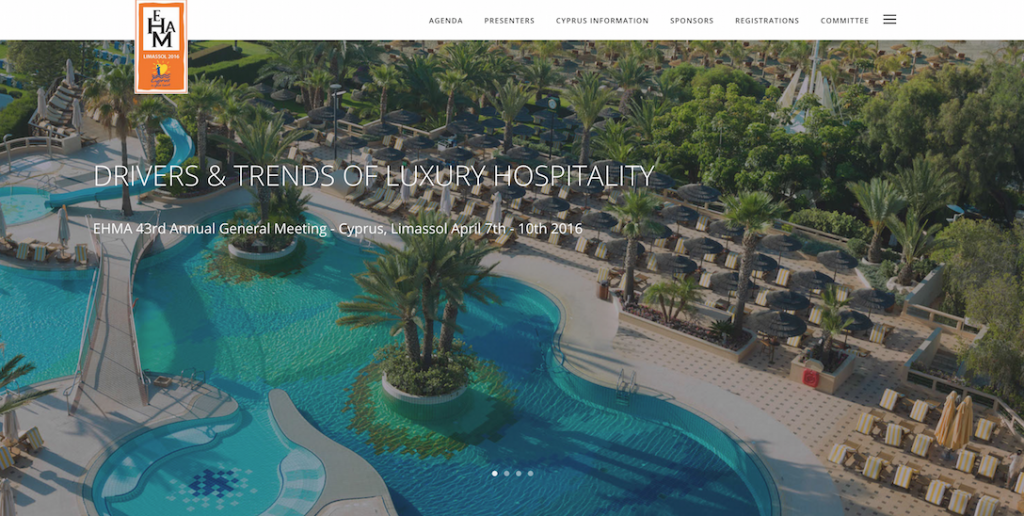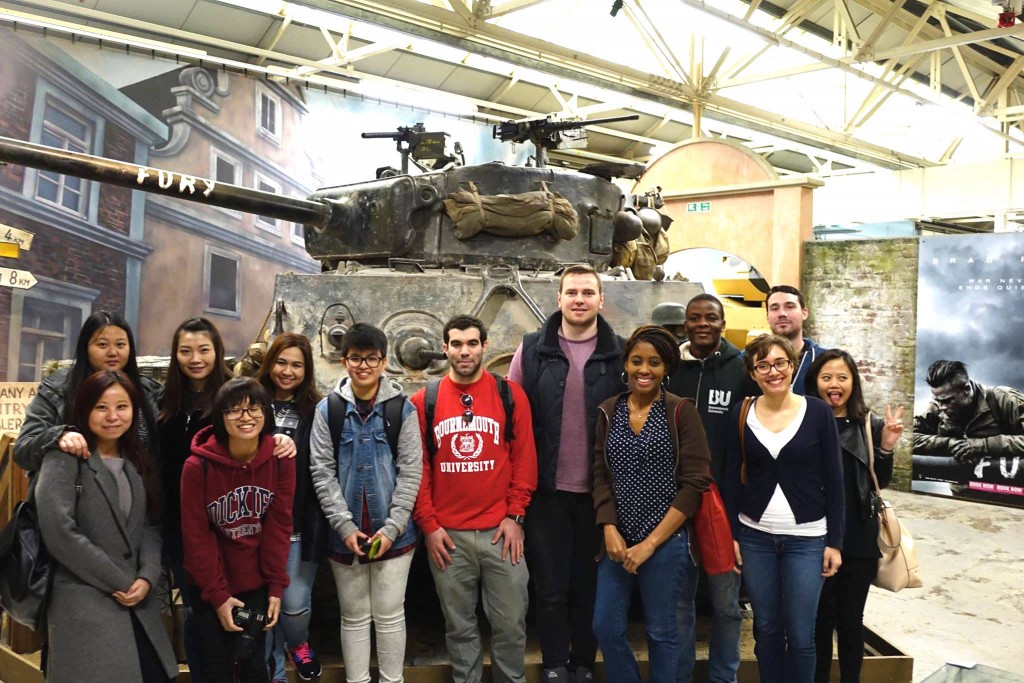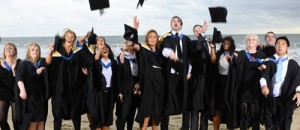We awake at 7am, hot and cramped in our tiny tent after torrential rain had disturbed our sleep as we rescued boots and shoes from under the tent flaps. Breakfast of smoked fish, chillies and rice is already prepared for us and we savour this before packing up our tents and equipment for our journey downriver back to the research station. It feels bitter-sweet to be leaving. As we put the last bit of kit in the boat and put out the fire, we glance back at this idyllic spot.
Once again the boatmen make the journey possible and despite the heavy rain the river remains shallow. Every time we run out of water or down over rapids, our crew jump out of the boat to manhandle it gently downstream. Despite being very ‘tippy’, this long wooden seems unsinkable. The men are reluctant for us to get out of the boat, so we hardly walk at all on this return journey. Once gain I feel rather guilty at watching their physical endeavours; they are nothing but bone and muscles but they are incredibly strong. Their wages for this expedition are meagre by European standards but handsome in Indonesia… so, on reflection, I realise they are just doing their job.
The water today reflects the changeable morning light; shifting from a glassy rainforest green to a translucent turquoise. The water is contained by the limestone cliffs and enormous tree roots that spread out horizontally from the trunk. Sometimes it is difficult to distinguish the difference between rock and tree. Small  monitor lizards skulk along the water banks and eagles fly overhead whilst the now familiar kingfishers and wagtails herald our pass. Eventually the shallow riverbed begins to change into wider, deeper water and the boat’s old outboard flutters into action. The cool air rushing against our faces is welcome after the sultry moist heat of the rising sun….it is s easy to loose oneself in the moment. Once again I smile at where the wild elephants have trodden down the banks on their river crossing; their huge feet leaving prints in the sand: how special it is to be in a space once frequented by them. Seeing them is wonderful but just knowing that they are there is even better!
monitor lizards skulk along the water banks and eagles fly overhead whilst the now familiar kingfishers and wagtails herald our pass. Eventually the shallow riverbed begins to change into wider, deeper water and the boat’s old outboard flutters into action. The cool air rushing against our faces is welcome after the sultry moist heat of the rising sun….it is s easy to loose oneself in the moment. Once again I smile at where the wild elephants have trodden down the banks on their river crossing; their huge feet leaving prints in the sand: how special it is to be in a space once frequented by them. Seeing them is wonderful but just knowing that they are there is even better!
Around the last bend the remnants of the ugly cement logging bridge emerges and marks our arrival back at Sicundur. This quiet reflective time comes to an end as we unload and sort out our kits. Another fabulous lunch awaits us, hot sweet coffee and an even hotter afternoon. There is time to take stock, to do some photography and to catch up with the written work. I take my washing down to the river and are greeted by an abundance of butterflies mesmerized by the sweet-smelling detergent.
Of all that we have seen, my favourite jewels in the crown are the butterflies and their wings of many colours. I must have seen nearly 80 different species from the tiniest purple butterflies to the feint blue and white ones, the size of birds, that gently glide, flap and glide across the water.
Back at the hut Mandy and Ross sort out the research equipment and I study the bird and mammal books recording all that we have seen on our expedition: Purple herons; Intermediate egret; Whiskered tree swift; Little egret; Chestnut-headed bee-eater; White-throated kingfisher; Black-capped kingfisher; Drongo; Grey wagtail; Mountain tailorbird; Oriental magpie robin; Collared kingfisher; Ora ngutan; Asian elephant; Crested serpent eagle; Pallas squirrel; Black giant squirrel; and a Slender squirrel.
ngutan; Asian elephant; Crested serpent eagle; Pallas squirrel; Black giant squirrel; and a Slender squirrel.
I pick up my camera and potter around the hut looking for spiders, butterflies and lizards to photograph until 5pm when we go for a bathe in the river to watch the sun go down. The cool, fast flowing water, soothing the heat, sweat and insects from our bodies. As the orange light turns to dimpsey and the long-tailed macaques on the bankside trees begin to settle down, the night shift takes its place in the forest play. We have electricity for about four hours each night when the generator gets switched on; this is generally when we ‘spuddle’ about, charge our equipment, have supper and put the day to bed. Tonight, however, we take our head torches and our cameras for a night forage (another of my most favourite pastimes). Amongst the backlit foliage we see butterflies, moths, bats, centipedes and various enormous grass hoppers and one single firefly that dances through the forest darkness. Time to call it a day..
















